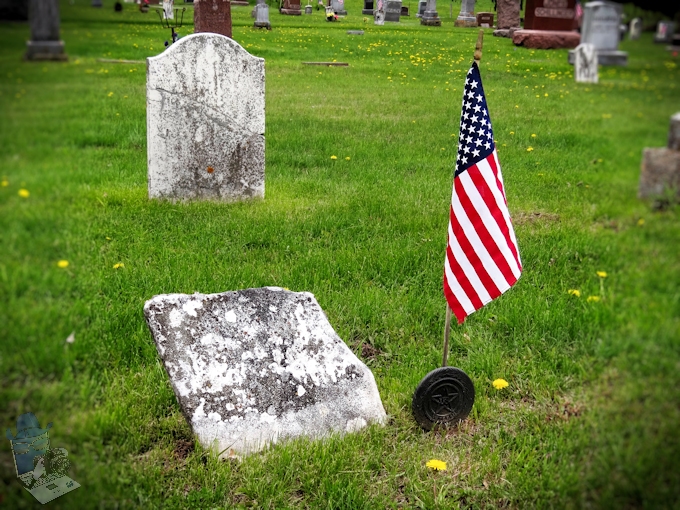The Civil War claimed more lives than any conflict in U.S. history, requiring the establishment of the country’s first national cemeteries. By the late 1860s Americans in various towns and cities had begun holding springtime tributes to these countless fallen soldiers, decorating their graves with flowers and reciting prayers.
On May 5, 1862, General John A. Logan, leader of an organization for Northern Civil War veterans, called for a nationwide day of remembrance later that month. “The 30th of May, 1868, is designated for the purpose of strewing with flowers, or otherwise decorating the graves of comrades who died in defense of their country during the late rebellion, and whose bodies now lie in almost every city, village and hamlet churchyard in the land,” he proclaimed. The date of Decoration Day, as he called it, was chosen because it wasn’t the anniversary of any particular battle.
Memorial Day, as Decoration Day gradually came to be known, originally honored only those lost while fighting in the Civil War. But during World War I the United States found itself embroiled in another major conflict, and the holiday evolved to commemorate American military personnel who died in all wars.
For decades, Memorial Day continued to be observed on May 30, the date Logan had selected for the first Decoration Day until Congress passed the Uniform Monday Holiday Act in 1968, which established Memorial Day as the last Monday in May in order to create a three-day weekend for federal employees.
Memorial Day marks the start of summer vacations but hopefully people still remember the real reason of Memorial Day and not just think of it as a three day weekend; that they remember the sacrifices of those fallen in service to our country. Their names may have faded from the headstone, but don’t let their sacrifice fade from our memories.
Memorial Day


